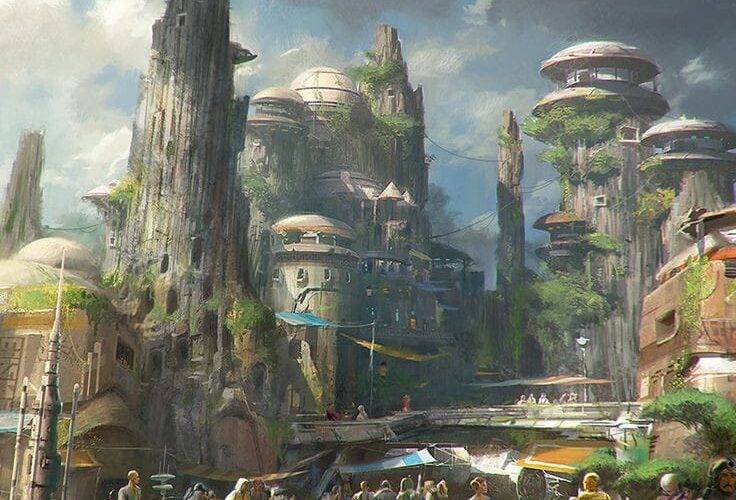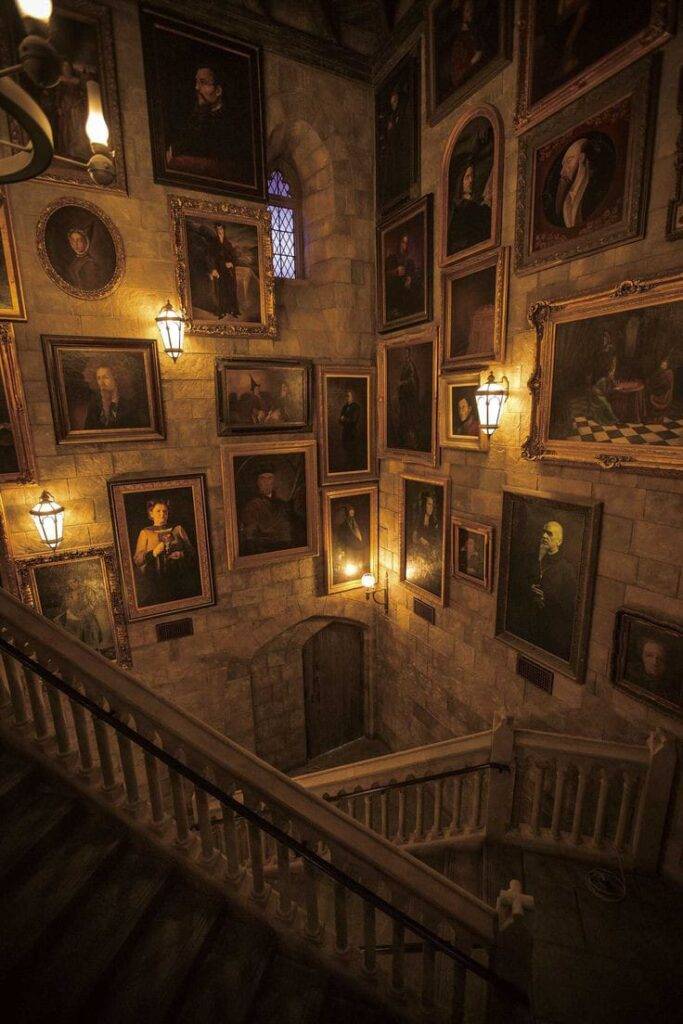In the grand universe of human imagination, there’s a peculiar thread blended in with absurdity—a concept so otherworldly it might leave you scratching your head: Fictional Reality. It’s a strange, upside-down world where unicorns may actually pay taxes, aliens run for president, and your cat moonlights as a superhero in a parallel universe.
Fictional reality is that curious space where fiction becomes so immersive, detailed, and believable that it feels almost as real as, well, reality. But why would anyone want to escape into a world that is not real? Isn’t the everyday chaos of forgetting where you left your keys and pretending to understand your friend’s passionate thoughts about chai enough for you? Apparently not.
In fictional reality, characters don’t just live.. Think of Sherlock Holmes, who might suddenly pop up on your doorstep, asking to borrow your Wi-Fi to solve a murder, or Harry Potter, who could be sitting next to you in the subway, casting spells to get rid of the morning rush.
The paradox is this: by immersing ourselves in these fictional worlds, we often learn more about reality than we do from reality itself. Who needs to attend a workshop on leadership when you can watch a hobbit destroy a dark lord with nothing but sheer determination and a short stature?
Creating a fictional reality is a bit like cooking up a giant pot of imaginative soup, and trust me, it’s not something you want to mess up. Some things to keep in mind when cooking up a big pot of soup??
- Believable Characters: These are not your everyday folks. They’re heroes who rescue damsels, spies who always have the perfect one-liner, and wizards who spend more time on personal grooming than actually casting spells. Characters must be flawed, relatable, and slightly eccentric—like an Uncle, who still wears socks with sandals but can fix anything with a roll of duct tape.
- Setting: The setting of a fictional reality should be vivid enough to make you want to live there but flawed enough to make you grateful you don’t. It’s a place where dragons might need control and fairy godmothers file for unemployment after the invention of online shopping.
- Engaging Plot: Here’s where things get spicy. Plots in fictional realities often involve more twists and turns than a squirrel on coffee. Whether it’s a heist, a quest, or a love story between a vampire and an accountant, the key is to keep it unpredictable yet satisfying, much like trying to assemble furniture from a certain Swedish store.
- Absurdity: Finally, sprinkle a generous dose of humor. Fictional realities are meant to entertain, so let’s not be too serious. After all, what’s life without a little absurdity? Imagine a world where dogs are CEOs, the stock market is run by fortune cookies, and reality TV involves actual rocket science.
Fictional realities come in many flavors, each as delightful and peculiar as an ice cream shop. Let’s explore a few iconic examples and see why we adore them:
Middle-Earth (J.R.R. Tolkien’s “The Lord of the Rings”)
Here’s a place where elves, dwarves, and men unite against the forces of evil, and not a single one of them thinks to simply call an Uber to Mordor. Despite its epic battles and ancient wisdom, Middle-earth is also home to the ridiculous friendship between a hobbit and a surly ranger, proving that even in the darkest times, bromance conquers all.
In Middle-Earth, nothing says “welcome” like a nice cup of tea and a dragon breathing down your neck. But there’s something comforting about a world where good and evil are clearly defined, and the worst thing you have to worry about is whether you’ll make it back in time for your second breakfast.
Hogwarts (J.K. Rowling’s “Harry Potter” series)
Ah, Hogwarts, the only school where you can accidentally get turned into a ferret and still pass Potions with flying colors. This world of magic is beloved not just for its spellbinding charm but also for its delightful absurdities, like the fact that they use owls for mail delivery in the age of smartphones.
Imagine a place where the staircases have minds of their own, and your professors might turn into animals at any given moment. Hogwarts teaches us that growing up doesn’t mean losing your sense of wonder and that the real magic lies in friendship and, apparently, the ability to brew an alright love potion.
The Marvel Universe
Where superheroes casually destroy cities during epic battles and insurance premiums must be through the roof. Whether you’re a billionaire with a metal suit, a radioactive spider teenager, or a talking raccoon, there’s always room for more in this world. It’s comforting to know that even superheroes have their off days, like forgetting to wash their cape before a big fight.
In the Marvel Universe, teamwork is everything, even if your team consists of a Norse god, a green rage monster, and a man who talks to ants. It’s a reality that reminds us of the importance of diversity and that even if your day job is saving the world, you still need to find time for a shawarma break.
Westeros (George R.R. Martin’s “A Song of Ice and Fire”)
In this political hot mess, everyone is vying for a throne that doesn’t even look comfortable. While it may seem grim, the reality is hilariously unpredictable—dragons, ice zombies, and more betrayals than you can shake a stick at. Yet, there’s a certain charm in the absurdity of power struggles that never seem to end.
Westeros is a land where weddings are more dangerous than battlefields, and winter is perpetually on its way. Despite its darker themes, this fictional reality offers lessons in resilience and the fact that sometimes, just sometimes, it’s best to keep a dragon on your side.
The Galaxy Far, Far Away (Star Wars)
Lightsabers, droids, and Wookiees, oh my! Star Wars offers a fictional reality where science fiction meets space opera, and logic often takes a backseat to dramatic revelations like, “No, I am your father.” It’s a universe that thrives on its own eccentric logic, where spaceship repairs involve more duct tape than engineering skills.
In a galaxy where the Force binds everything together, we find that even in the midst of epic space battles, there’s room for hope, redemption, and the occasional Ewok dance party.
Fictional realities offer an escape from the humdrum of daily life. When the coffee machine breaks down, and your friend insists on using the word “synergy” like it’s going out of style, there’s peace in imagining yourself sipping butterbeer at The Three Broomsticks or negotiating peace with Klingons.
Oddly enough, these worlds often hold mirrors to our own lives. Whether it’s dealing with overbearing parents, finding love in unexpected places, or standing up to authority, we see fragments of our struggles reflected in the images of wizards and warriors.
Fictional realities fuel our creativity, pushing the boundaries of what we believe possible. They remind us that life isn’t just about spreadsheets and taxes but about dragons, magical wardrobes, and flying broomsticks too.
There’s a certain comfort in the familiar heroes and villains of our favorite fictional realities. Like old friends, they welcome us back time and again, letting us relive adventures and revisit laughter, reminding us of a simpler time when our biggest worry was whether the hero would defeat the villain before dinner.
These worlds often bring people together. Whether it’s through fan conventions, online forums, or cosplay gatherings, fictional realities foster a sense of community and connection. We find kindred spirits who share our love for the peculiar and the extraordinary, reminding us that we’re not alone in our appreciation for the absurd.
In the grand scheme of things, fictional realities are a medal to human imagination—a declaration that we refuse to be confined by the normal. They offer us laughter, reflection, and the occasional talking animal sidekick, proving that sometimes the best way to understand reality is to escape it for a while.
So, next time you find yourself questioning why you’re emotionally invested in the fate of a fictional character or why you have a stack of unread novels taller than your Christmas tree, just remember: fictional reality is not just an escape; it’s a celebration of the beautifully weird nature of being human.
In the end, fictional realities remind us that life is a grand adventure, full of unexpected twists and turns, much like the plots of our favorite stories. And perhaps, just perhaps, a little bit of magic is lurking around the corner, waiting to turn our lives into something… magical.


